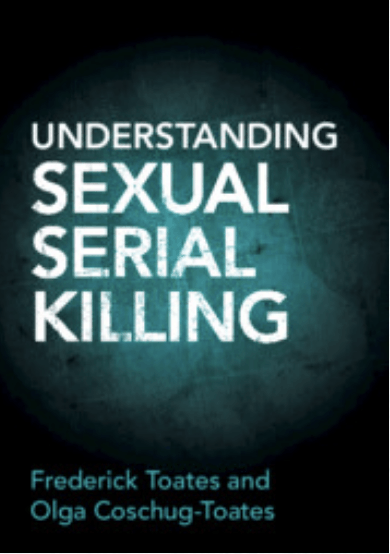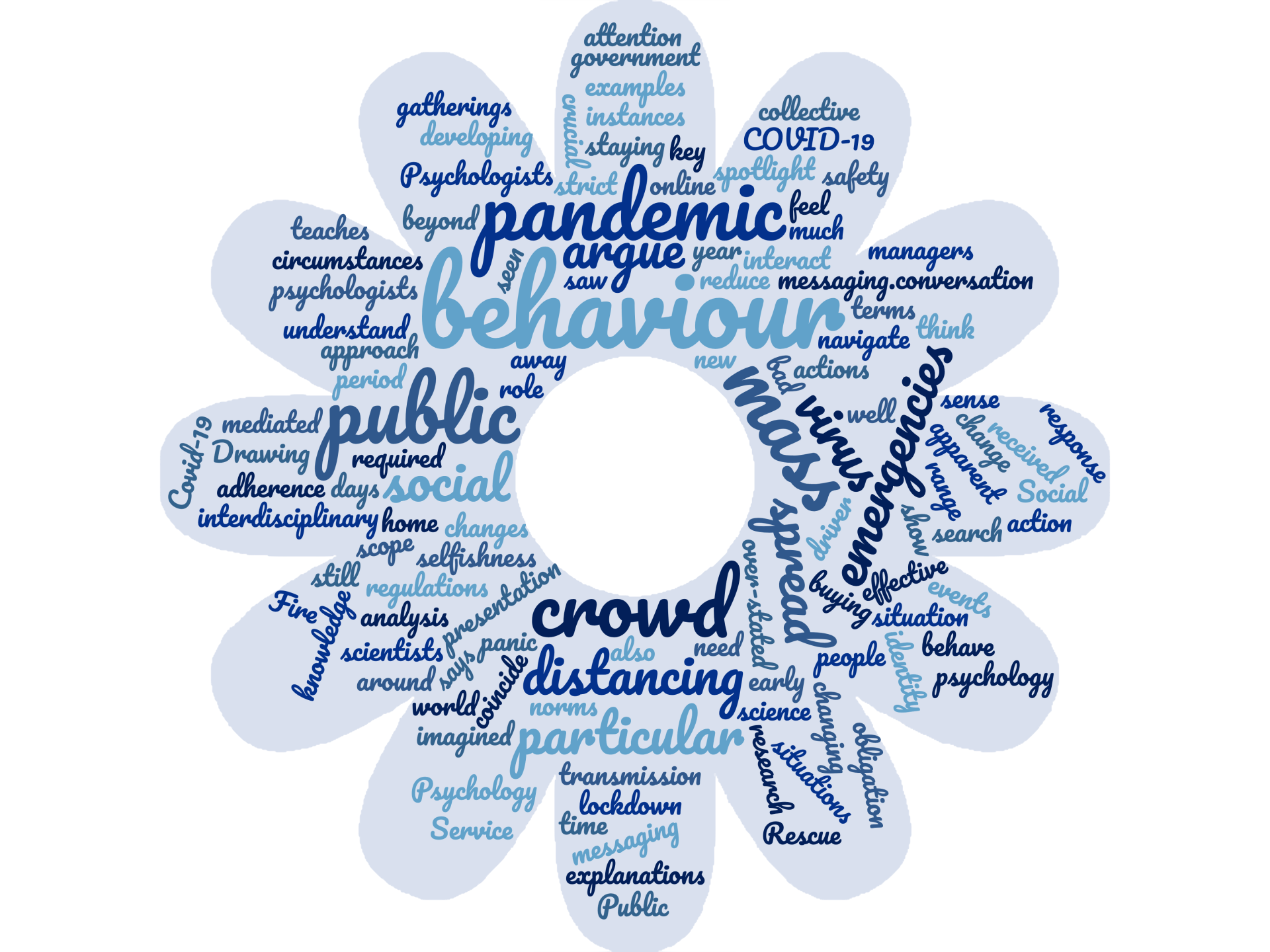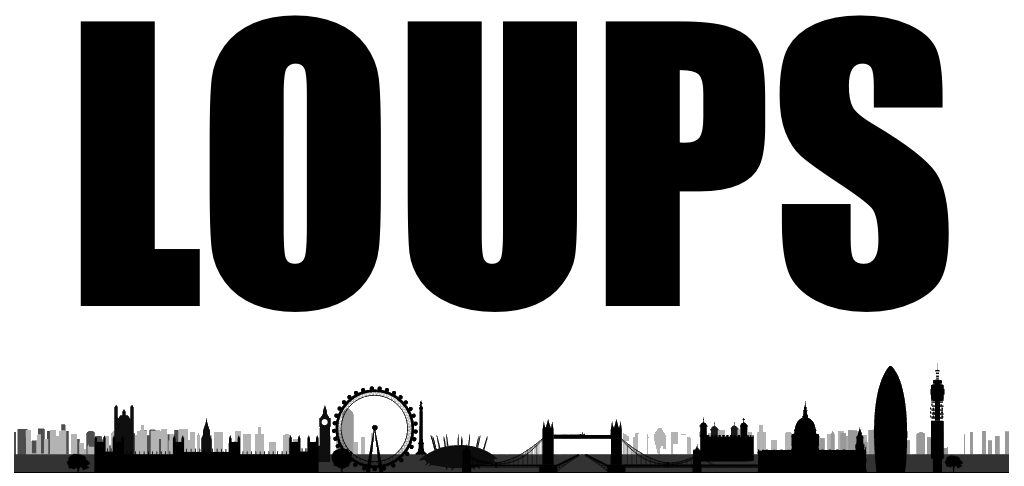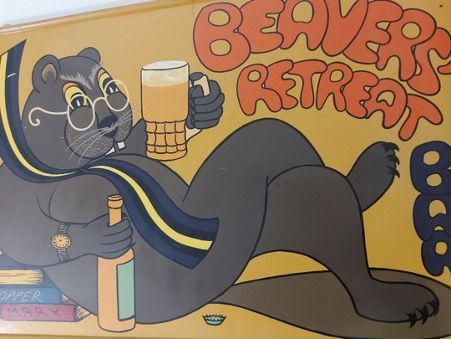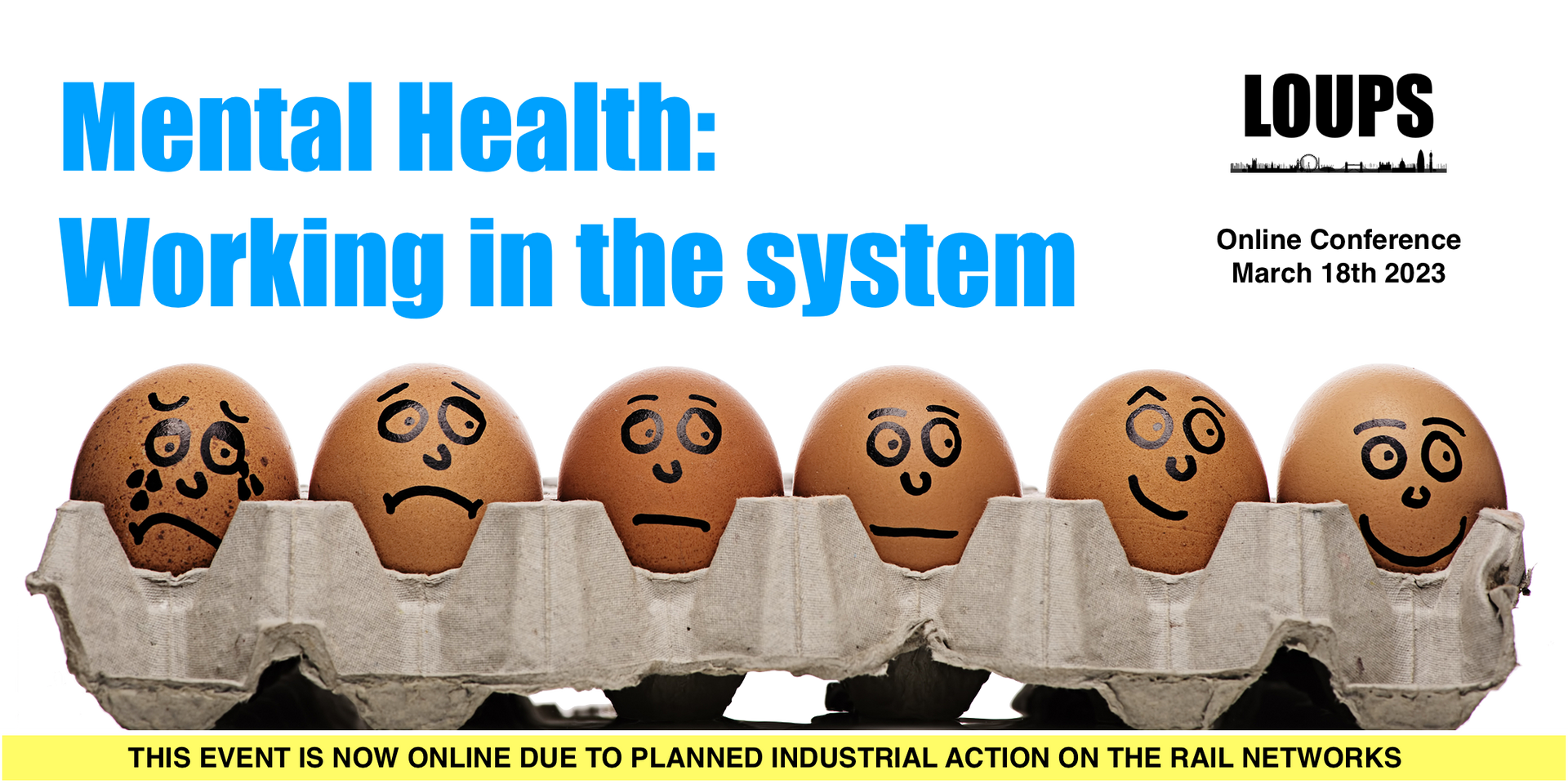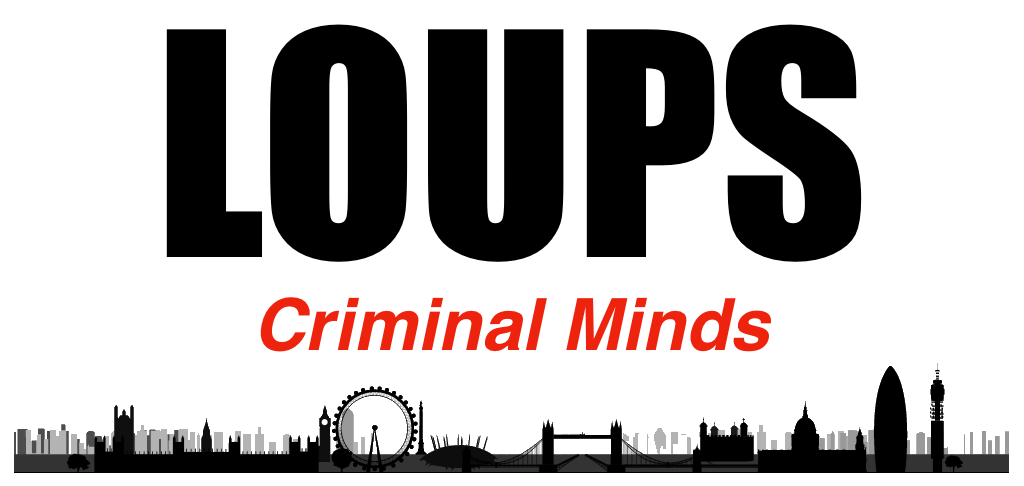LOUPS Pub Social: Mindfulness stress management, Dr Jutta Tobias-Mortlock
"In mindfulness, you cannot lose".
Mindful Stress Management: Coming To Our 5 Senses.
Mindfulness has evolved from something of a zeitgeist topic, to one which appears in a myriad of contexts. Dr Jutta Tobias Mortlock is a social psychologist with extensive, international experience in organisational development. Jutta co-directs the City, University of London's Centre for Excellence in Mindfulness Research, and had delivered an excellent closing session to the LOUPS Mental Health Seminar last September about mindfulness. She made a very welcome return to LOUPS with her brilliant session, Mindfulness stress management: coming to our (5) senses.
Although this session was held in the virtual LOUPS pub owing to Covid-19 (C19) restrictions, Jutta delivered an innovative session which managed to foster a genuine sense of connection-through-sharing among participants while concurrently allowing private reflections and some moments of insight. She covered; what mindfulness is, two different stress antidotes, resilience defined, and questioned our personal takeaway from the session. This report covers these points. However the nature of the lecture, indeed the topic itself, is that people may have different experiences and embrace different key elements, so the presentation is strongly recommended to watch or even re-watch.
What is mindfulness? Its prevalence affords it a taken-for-granted dimension. While meditation can be conflated with mindfulness, it is just one element. Jutta drew upon Kudesia's metacognitive definition, stating that mindfulness is being present, open and flexible. It may seem straightforward, but Jutta posed many questions throughout the session which afforded moments of reflection possibly missing from daily life, such as, how routinely am I fully present? On a diagram of two horizontal arrows facing each other with the left representing STIMULUS and the right (RE)ACTION, Jutta drew our attention to the area where the arrow points meet. The meeting point and the space at this point was met with a third, vertical lightning bolt-esque arrow: NOTICING. Referring back to being present, open and flexible; mindfulness is about cultivating the ability to widen the gap between the horizontal arrows to create more space between a stimulus event and one's reaction to it.
Using an example with a dog demonstrates this principle: A dog is in the garden, when their human goes out. It begins to rain and the human realises their dog is outside in the rain unable to get inside. Jutta asked how the dog would react to when the human opens the back door? Most of the replies were along the lines of "happy to see their human". The dog is in the present; not bitter about being cold or wet. This example is as ingenious as it is simple: no grudge, no ruminating, the dog would just be happy to be reunited.
Another animal was used to further aid in understanding mindfulness. If a fish is hooked it is unable to move as it wants or needs. The first exercise we did was a personal, reflective one where we wrote about when we felt 'hooked by an unhelpful thought'. Then we wrote down what were the facts of the situation and how it made us feel. For an illustrating example, I am hooked by a 'nothing works out/perpetual disaster' thought from multiple calamities. The facts include the 'rona rampage that 2020 has become meaning nearly everything is cancelled or drastically changed. Feelings include, despondent and despicable. Jutta stated that this exercise can be anticlimactic because simply writing down these components can be sufficient to facilitate a shift in thinking, however, she also encouraged us to look over our reflections and decide what the 'best version' of us could do next. Returning to the example of "disaster, C19 impact, and despondence", the best version of me could decide - choose - to be a less dramatic Doomsdayer and better adapt to unpredictability. Jutta referred to Pannebaker's finding that expressive writing increases wellbeing and decreases stress. This activity is an example of making space and Jutta implored us that, should we only take one thing away from the lecture, it is the importance of reflecting and making space for oneself: increasing the gap between the arrows.
The goal of mindfulness is to notice stress and, 'recalibrating our thoughts and actions to be more appropriate'. Distance and compassion are key, as seen in the reflective writing exercise as well as in the lecture's stress antidote #1.
Stress antidote #1 is regular mental exercise. Regular mental exercise represents a classical mindfulness exercise and can appear deceptively simple or 'not rocket science' however, as is the case with physical exercise, it needs the work to be done in order to be of benefit. Consistency is key. Jutta led attendees in a mental exercise of coming to our senses, by focusing on a sense at a time: feeling, hearing and seeing. Briefly, we shut our eyes and concentrated on breathing and how it feels within our body, for example, the rising and falling of the chest. Following on from the focus on feeling, Jutta guided us to focus on hearing and the sounds around us. Rather wonderfully, Jutta's beautiful dog called out a greeting or two to us all during this section! The final sense we came down to was sight, in which we opened our eyes to look at our space and see what we noticed; a pattern, a view, anything we tend to overlook. After this exercise, Jutta asked us how we were feeling and reflected that she was thinking about her dog's interruption. Responders had loved the dog's siren call and spoke of struggling with relaxation. This reiterated the importance of practise. Asked if there was a particularly good time to practise coming down to our senses, Jutta said that there is no one perfect time, it is the practise that is the most important thing so even if circumstances mean there is only a couple of minutes available, fine. Do it! Regular practise of mental exercises reinforces the skill which then leads to being more able to shift oneself out of being hooked on a thought: it builds resilience.
Jutta defined resilience as the ability to 'adapt successfully in the presence of risk and adversity'. Resilient people make space and sense in the present rather than drawing upon past experiences. In the evolutionary beginnings of humans, risks were physical, for example, the need to avoid the risk of being eating. In contemporary life however, risks are more intellectually-based, such as feeling attacked by how someone has spoken, which results in a person becoming hooked by their negative thoughts. Drawing upon Kahneman, Jutta talked about being versus doing. A person doing may be multitasking, problem-solving, and worrying. The doing state is characterised as 'anticipating remembering'. In contrast, the person being is noticing, embodied, and connected with others. The being state is the mindful, present state and neuroimaging studies have found it to reflect better brain activity than the doing state in which a person is more prone to a fight or flight response. Regular practise of mindfulness exercises leads to improved brain function thus reinforcing the importance of consistent practise and the power of neuroplasticity. There is a significant evidence base of replication for this finding, including research conducted with military personnel, who, after following a mental training programme, were found to go into fight or flight mode less than before the programme. Stress management involves balancing the doing and experiencing modes. To reiterate, by practising coming to the five senses, whether over a number of minutes or, in shorter bursts, the skill of intentionally shifting into an experiencing mode from a doing mode becomes easier thus creating more of the space so important in managing stress response. The ability to make space and notice is a skill that necessitates practice and facilitates resilience.
Jutta then asked, "what's your default operating mode?" and offered five topics to consider:
- disconnecting from technology,
- being fully present,
- re-energising interests,
- having frequent meaningful connections, and
- getting enough sleep.
Participants were asked to award themselves a tick for each affirmative answer. Perhaps unsurprisingly in these bewildering times, there were a number of no-tick or few-tick attendees. Jutta mentioned the aeroplane oxygen mask instruction in which people are advised to secure their own mask before tending to others. In life, as in plane crises, it is not possible to function well without looking after oneself.
Stress antidote #2 is taking regular mental breaks. These breaks are offline and are for self-replenishment. Jutta asked, what it would take for us to believe in the good science that those who manage stress well, regularly make time for themselves? An interesting question but an important one. Referring back to a lack of ticks, Jutta stated that noticing gives us choice; she said that, 'in mindfulness, you cannot lose' because whether you jump into it feet first, or cautiously reflect upon the underlying science, you have the choice to change. The exercises we did in the lecture will remain with us. Far from being a Pollyanna, Jutta is a scientist: a psychologist separating the robust evidence from the snake oil of commercialised McMindfulness. In a brief lecture on a balmy Friday, Jutta has enabled us to make genuine change to improve our wellbeing, plus, her generously allowing the session to be recorded and uploaded to the OUPS website, means we can re-watch ad infinitum and share with loved ones.
At the end of the lecture, Jutta asked us about our one highlight and one takeaway. Personally, my highlight was the science. My takeaway was and continues to be the way in which so much of the lecture remains. The coming to the five senses practise is personally harrowing due to chronic pain and related issues, but the science of it is nonetheless intriguing and I shall recommend it to people I think it would benefit. The regular breaks is similarly difficult to face but also is something to pass on to others. Jutta's generosity with her time and her recommendations is a further highlight. She provided a slew of free resources. Her recommendation to not focus on the intellectual side of mindfulness in favour of committing to practise is important in a room of people potentially prone to academic self-flagellation or with endless to do lists. Jutta presented mindful stress management in an accessible and enjoyable lecture, expertly framing the science in ways we can apply to daily life by reiterating the importance of any practise rather than the setting of an arbitrary amount. After all, in mindfulness you cannot lose.
Thank you to Jutta and her beautiful dog with spectacular comic timing! Thank you to OUPS for another wonderful event keeping us connected despite being apart.
